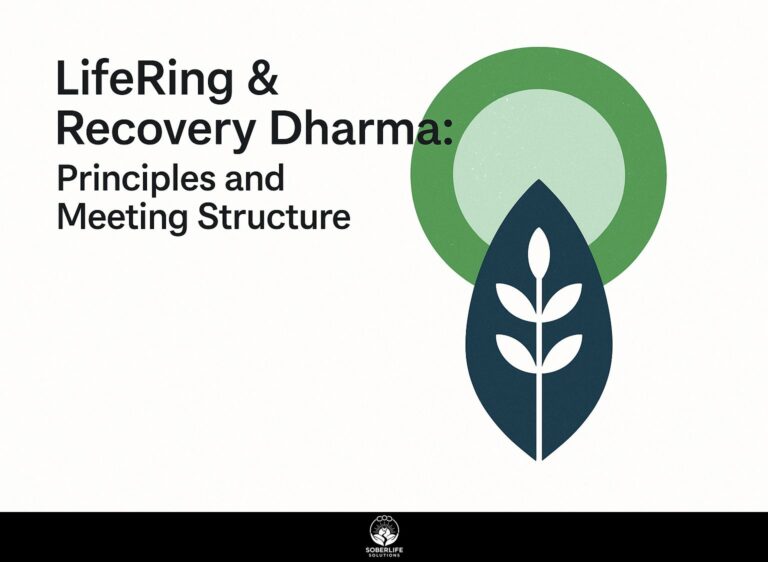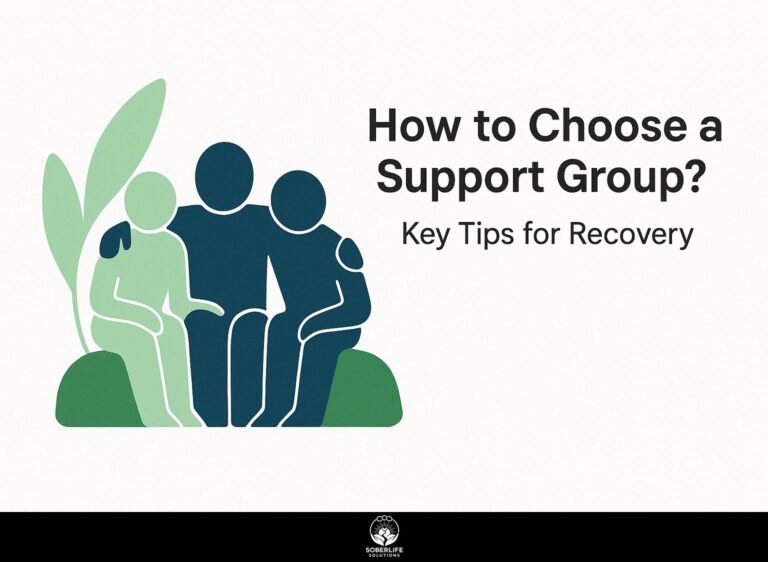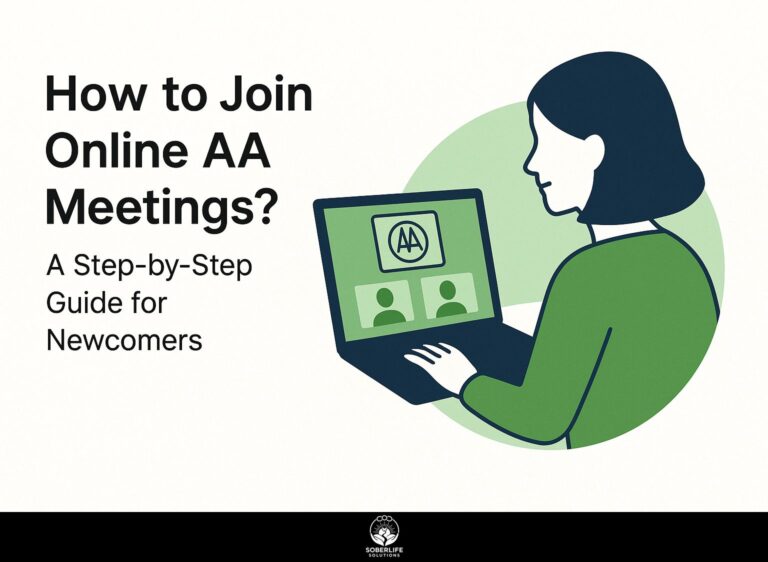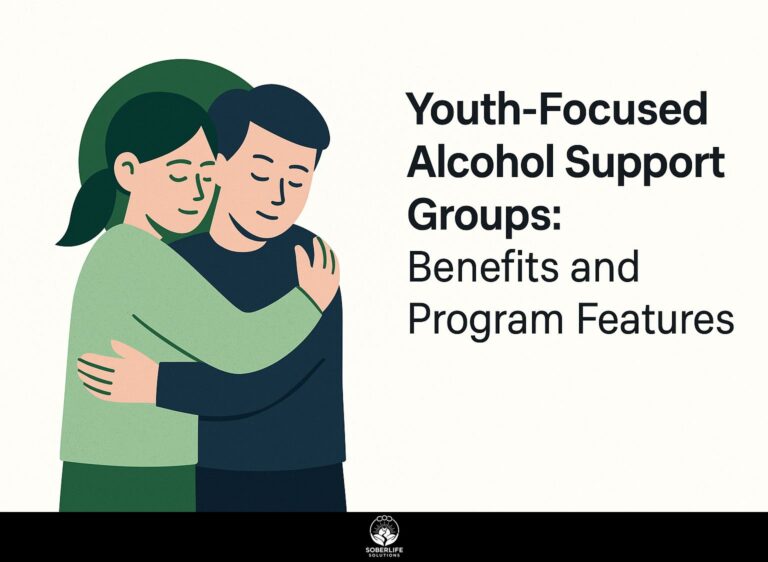Gender-Specific Alcohol Support Groups: Benefits and Formats
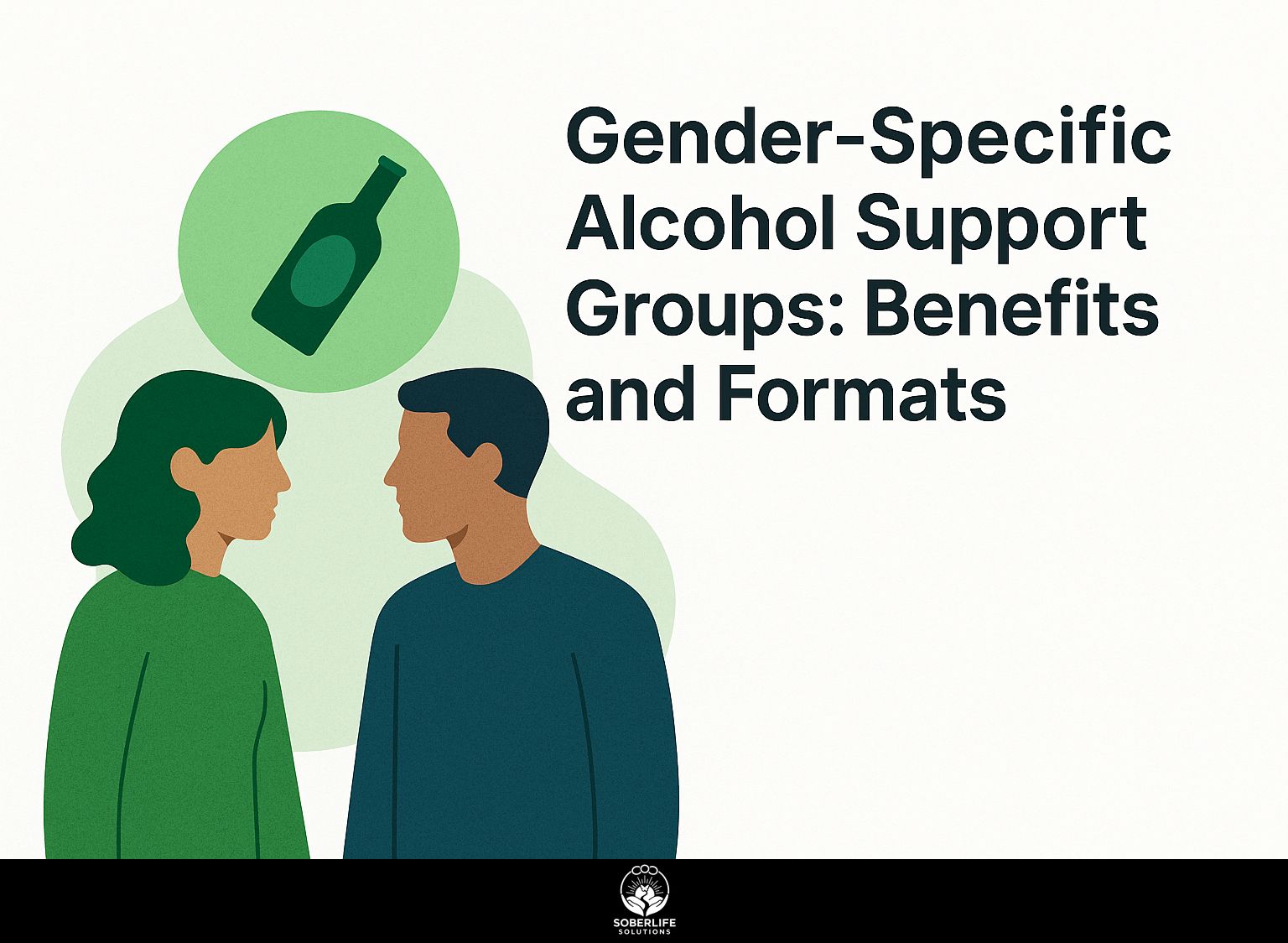
Dealing with substance abuse treatment can be especially difficult because men and women often have different experiences and needs. Women looking for help can find gender-specific alcohol support groups provide special advantages that better mental health care and lead to improved treatment results. In this article, we’ll look at how these personalized methods help both women and men by encouraging mutual awareness and ease, which leads to better recovery experiences.
Key Takeaways:
Benefits of Gender-Specific Support Groups
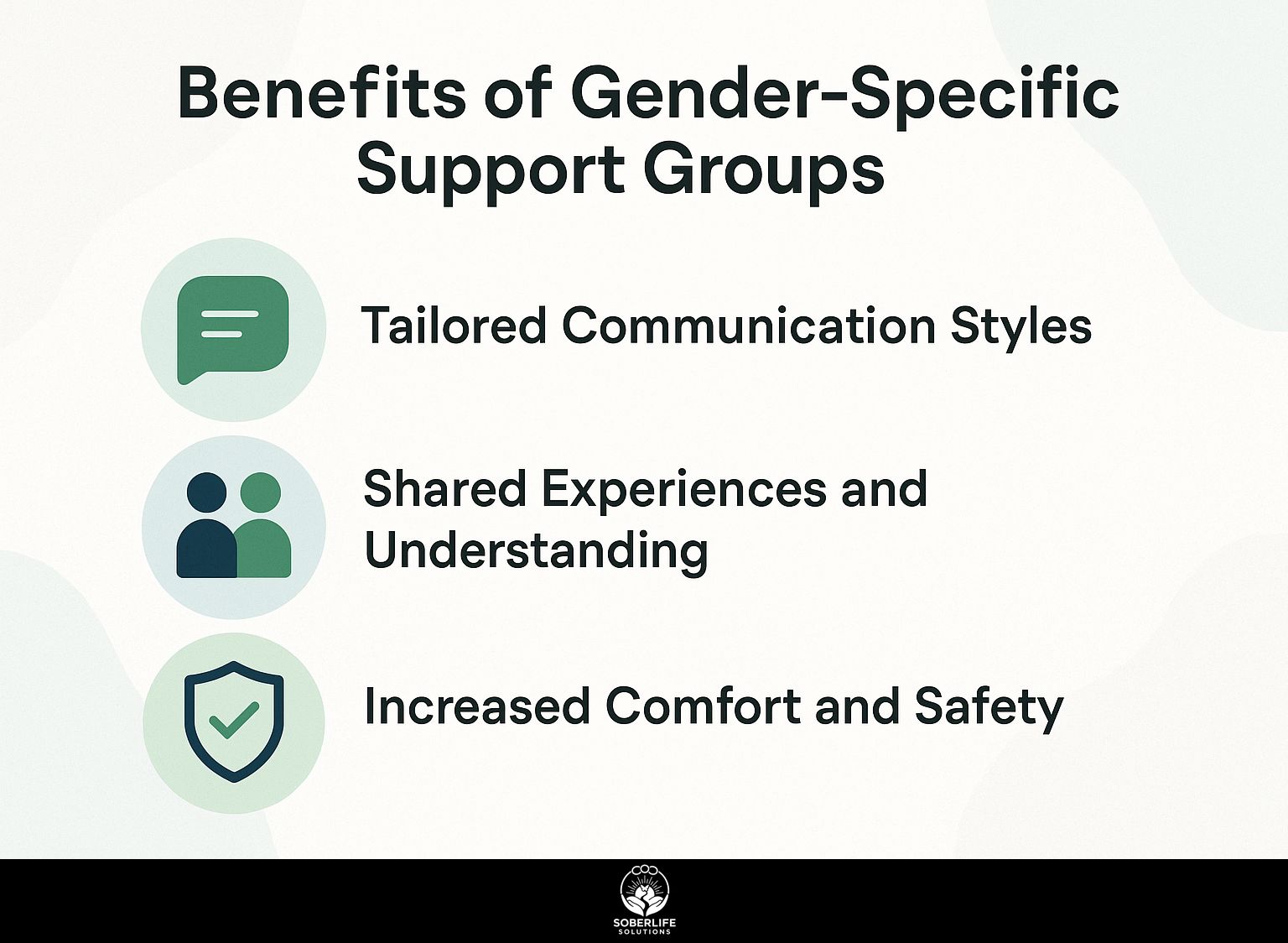
Women in female-focused support groups say they feel better emotionally and recover more successfully because they receive help designed for their needs. This is supported by a report from the Substance Abuse and Mental Health Services Administration (SAMHSA), which highlights the importance of gender-specific approaches in treatment.
Tailored Communication Styles
In women’s support groups, leaders use ways of communicating that relate to women’s experiences, helping to create a space where everyone feels included.
For instance, the program Women for Sobriety emphasizes active listening and validation, ensuring that women feel acknowledged. Facilitators might encourage participants to express emotions using ‘I’ statements to minimize defensiveness and promote self-awareness.
Telling stories is encouraged, so that people can share personal experiences, which builds community ties and creates stronger connections. By using these methods, groups help women stay sober and provide a safe place for open conversation and mutual support.
Shared Experiences and Understanding
When participants share their stories, they better connect and relate to each other’s past traumas, which plays a big role in their recovery.
Programs like SMART Recovery for Women offer secure environments where participants can share their experiences, fostering a feeling of community.
For instance, during group meetings, participants often discuss coping strategies that worked for them, such as mindfulness techniques or journaling, which others can then adopt.
The use of peer-led discussions encourages accountability and empathy, as attendees witness firsthand the challenges their peers face, anchoring the importance of peer support roles within these settings.
This group exchange confirms personal experiences and builds a helpful community, essential for lasting recovery.
Increased Comfort and Safety
Women often report feeling safer in gender-specific environments, allowing for more candid discussions about personal struggles with alcohol and other substance use disorders.
This safety encourages open conversations, which is essential for successful recovery. Programs like Al-Anon Family Groups demonstrate this, reporting higher treatment retention rates among women who engage in women-only groups compared to mixed-gender settings.
For example, a study found that women-only meetings led to a 70% retention rate over six months. Groups like She Recovers and Women for Sobriety focus on helping women. They offer customized support and encourage connection among members. Additionally, the importance of safety in therapeutic settings is supported by research on psychotherapy, which highlights the value of creating secure environments (as highlighted in a recent ResearchGate study).
This focused method helps participants feel more confident and ready to face challenges directly.
Common Formats of Support Groups
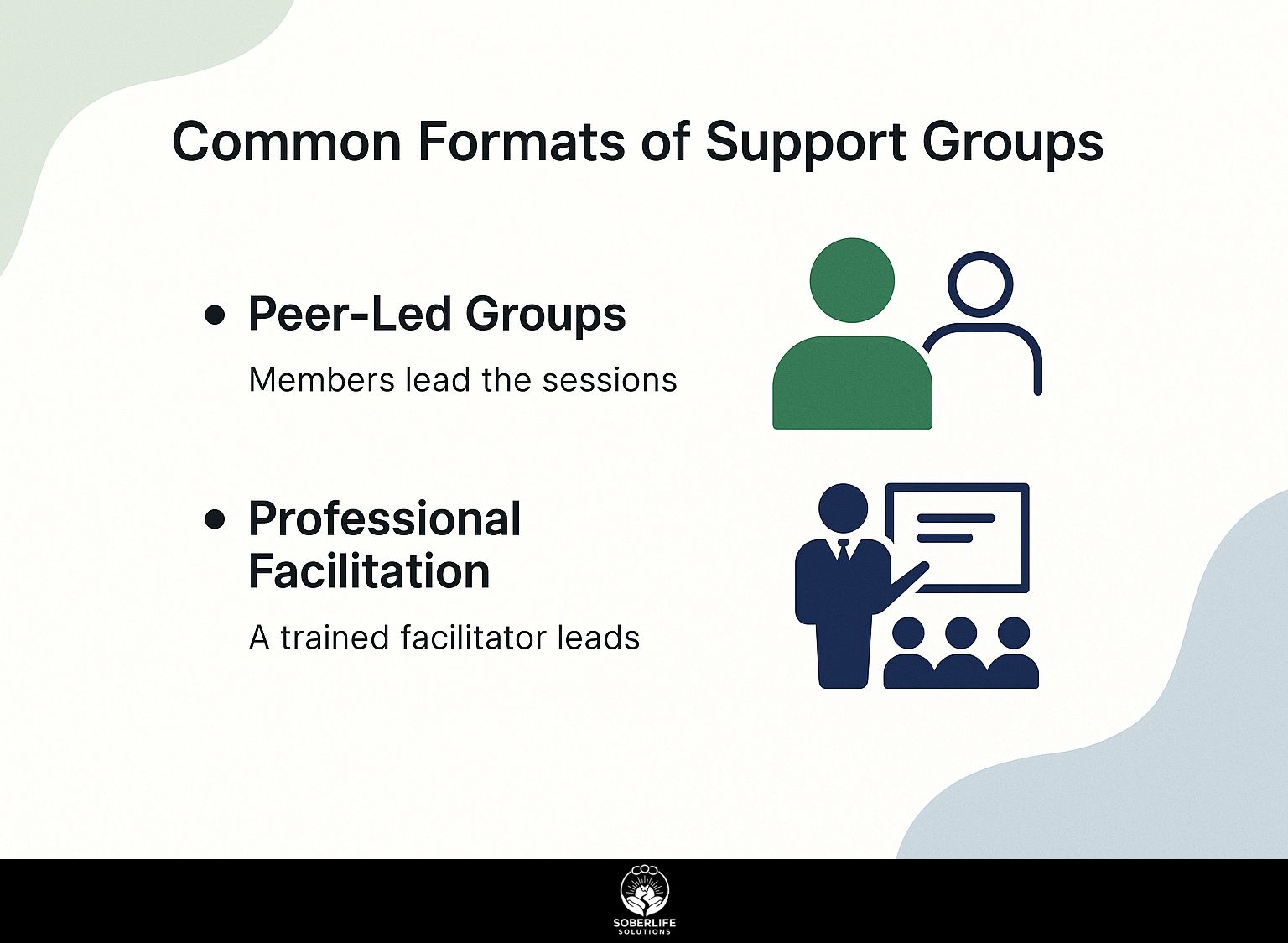
Support groups can be organized in different ways. Some are led by peers, while others are guided by professionals.
Each method has its own benefits for those involved. As mentioned, understanding different sober support systems reveals how varied structures can effectively aid recovery.
Peer-Led Groups
Peer-led groups give participants a way to support each other by creating a member-driven system that promotes shared duties and mutual support.
Research from the Substance Abuse and Mental Health Services Administration (SAMHSA) indicates that 70% of people in groups led by peers are satisfied, showing these groups help people grow personally. According to an in-depth report by SAMHSA, these groups are particularly effective in the context of recovery from substance use disorders, highlighting their role in personal growth and satisfaction ( Peers Supporting Recovery from Substance Use Disorders).
These groups allow people to talk about their experiences and ways to handle challenges, helping them feel connected.
To get the most out of it, think about joining or creating groups that meet regularly, use planned activities like goal-setting workshops, and engage in open discussions to improve accountability and support.
Professional Facilitation
Teams that employ experienced leaders often see improved results due to structured support and tested techniques specifically created for women.
For example, organizations like the National Institute on Drug Abuse (NIDA) have noted better participation when facilitators use specific strategies.
Using methods like motivational interviewing helps participants express their goals and motivations more clearly.
Structured activities like group discussions or role-playing scenarios can promote deeper connections among members, leading to increased retention of recovery concepts.
By using these methods, facilitators help women feel supported and create a safe space that encourages healing and personal development.
Case Studies of Successful Programs
Examining successful gender-specific support programs reveals effective strategies for engaging women in recovery, showcasing notable successes like the California Women’s Recovery Program.
Another effective initiative is the New York City Women’s Center, which combines trauma-informed care with life skills training. Participants have reported a 70% improvement in job readiness after completing their programs.
The Seeking Safety model, based on research, supports individuals facing mental health and substance use challenges by providing thorough care. This approach aligns with broader efforts in sober support systems that help individuals maintain recovery and achieve sustainable outcomes.
The Miracles Program in Michigan offers peer support and counseling, leading to a 65% success rate in their one-year recovery plan. This mix of community involvement and customized therapeutic methods greatly improves women’s recovery results.
Challenges and Limitations
Despite their advantages, gender-specific support groups face significant challenges, including economic barriers and societal stigma affecting treatment access.
To address these challenges, groups can implement targeted outreach initiatives.
For instance, partnering with local businesses to offer workshops can raise awareness and build credibility.
Charging membership fees that vary according to income makes it affordable for all.
Social media campaigns using personal stories may help combat stigma; consider platforms like Instagram or Facebook for maximum reach.
Working with healthcare providers to refer clients can make services more known and help people find the right resources. In fact, understanding how sober support systems operate can provide valuable insights into structuring such referral programs effectively.
Frequently Asked Questions
What are gender-specific alcohol support groups?
Gender-specific alcohol support groups are group therapy sessions specifically designed for individuals who identify as a certain gender, such as male, female, non-binary, or transgender. These groups offer a safe and helpful space for people to talk about their challenges with alcohol and get advice and help from others who share the same gender identity.
What are the benefits of joining a gender-specific alcohol support group?
There are many benefits to joining a gender-specific alcohol support group. These involve feeling recognized and welcomed by people with similar experiences, learning from different views on alcohol use and recovery, and creating a feeling of community and support with others who have faced similar challenges.
How do gender-specific alcohol support groups differ from mixed gender support groups?
Gender-specific alcohol support groups differ from mixed gender groups in that they focus on the unique experiences and challenges faced by individuals of a specific gender. This enables a focused and customized method for therapy, while increasing awareness and compassion within the group.
What are some common formats for gender-specific alcohol support groups?
Some common formats for gender-specific alcohol support groups include in-person meetings, online forums or chat groups, and phone support groups. These sessions may be led by a trained therapist or facilitator, or may be more informal and peer-led.
Are there any drawbacks to joining a gender-specific alcohol support group?
Gender-specific alcohol support groups can help many people, but they might not work for everyone. Some drawbacks may include limited availability of groups in certain areas, difficulty finding a group that aligns with one’s specific gender identity, and potential discomfort or lack of trust in sharing personal experiences with strangers.
How can I find a gender-specific alcohol support group near me?
You can start by researching local therapy practices or community organizations that offer support groups for individuals struggling with alcohol. You can contact mental health experts for advice, or use online tools and lists to find a group that matches your particular requirements and likes.


